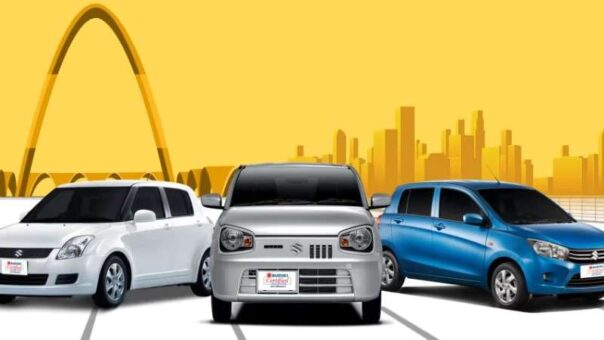Karachi, February 21, 2024 – The Pakistan Association of Automotive Parts and Accessories Manufacturers (PAAPAM) has raised serious concerns over the proposed increase in the sales tax on motor cars from 18 percent to 25 percent.
The association warns that such a move could significantly escalate car prices, reaching as high as Rs4 million or more.
PAAPAM’s leadership, including Chairman Abdul Rahman Aizaz, SCV Mumsahd Ali, and VC Taufique Sherwani, is united in expressing apprehension about the potential consequences of this tax hike. They argue that the previous increase in sales tax to 25 percent on 1400 cc cars, coupled with other taxation measures and the devaluation of the rupee, has already led to a drastic drop in automobile sales, plummeting to just 30% of the levels seen in 2021-22. This sharp decline not only puts stress on the parts manufacturing sector but also results in a reduction in employment opportunities and a decrease in overall tax collection from the industry.
The leadership highlighted several challenges faced by the automotive industry, including soaring energy prices, a 160% devaluation of the currency in six years, exceptionally high financing rates, and over 40% taxation on every car sold. These factors have already contributed to a decline in sales, with the current production and sales trajectory showing a downward trend for the past five years.
PAAPAM leaders argue that automobiles are demand-elastic items, and any further increase in prices, coupled with a rise in the general sales tax (GST), would lead to a further decline in sales. They expressed surprise at the government’s decision to keep taxes unchanged on imported used cars, creating a scenario of negative protection for locally manufactured vehicles. The increase in the market share of used cars has resulted in a loss of foreign exchange and legitimate revenue for the government.
The Economic Coordination Committee’s decision to raise the GST to 25 percent on locally produced vehicles of 1,400cc and above is anticipated to result in both a decline in volumes and revenues. PAAPAM leaders argue that such a hike is unlikely to generate additional revenue and will negatively impact the economy, eroding consumer confidence and deterring investors due to fears of further price hikes in locally assembled cars.
PAAPAM emphasized that increasing the GST to 25% for small-sized sedans would push prices beyond the purchasing power of the country’s middle class. This move would not only hurt consumers but also result in lower tax collection due to the expected decrease in sales. PAAPAM has called for dialogues with the government before making any decisions on imposing additional taxes on the automobile industry, urging authorities to consider the potential negative consequences for the sector and the broader economy.
